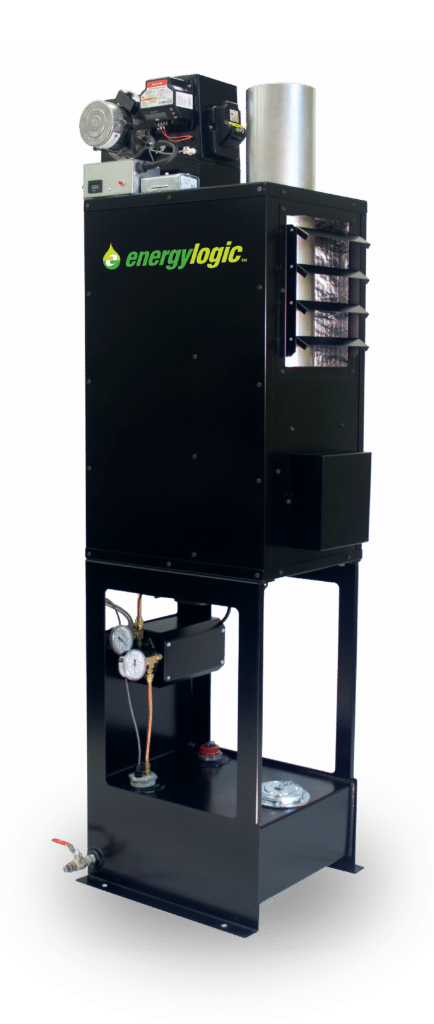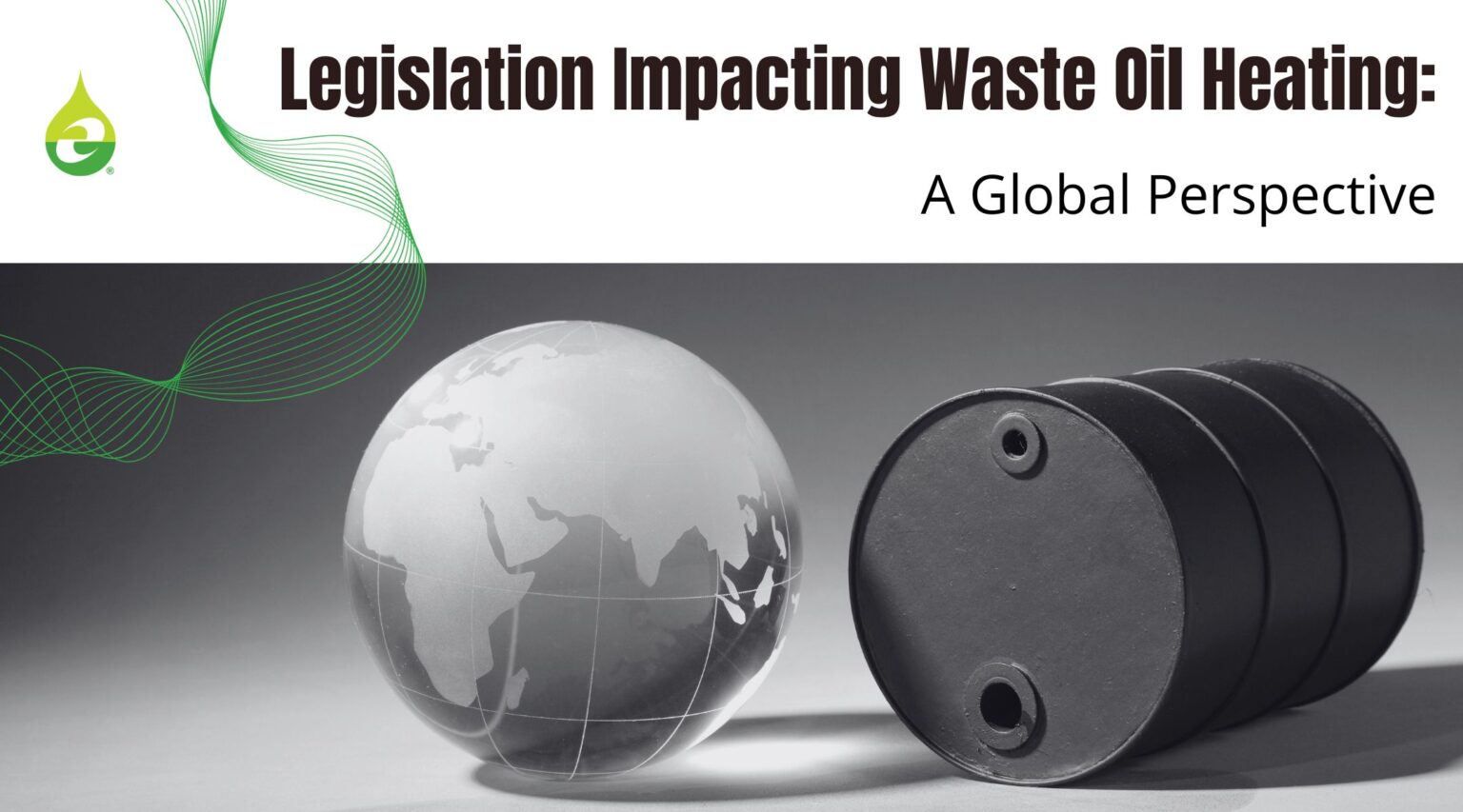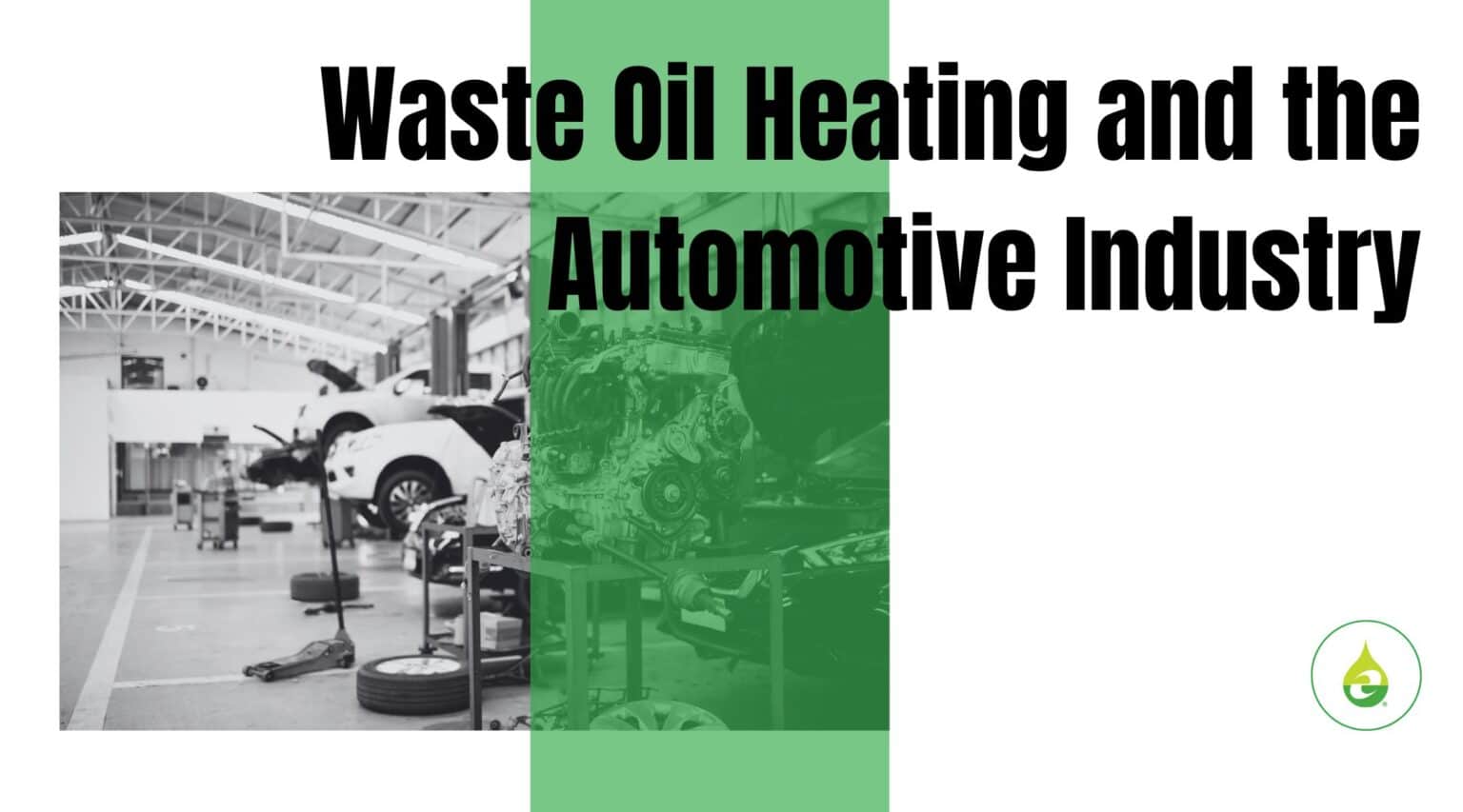
The Garden State takes used oil management seriously. Individuals and businesses operating in the state must adhere to federal and state regulations to avoid steep fines and other consequences. In addition to recycling, however, the state allows alternative disposal methods, including used oil burners for energy recovery. Some energy incentives may even offset the costs of investing in a waste oil burning system. Therefore, getting to know New Jersey’s waste oil related incentives can help your business save money and reduce your waste oil management burden.
New Jersey’s Used Oil Regulations
New Jersey has adopted the federal used oil management regulations. The Environmental Protection Agency outlines these standards in Title 40 of the Code of Federal Regulations (CFR) part 279. In addition to these rules, New Jersey has added several more stringent requirements in certain areas:
Mixing Used Oil
Under state laws, all waste oil generators should take steps to avoid mixing used oil with any other substances. Recycling facilities and alternative disposal methods only work with unadulterated used oil. Therefore, generators cannot reuse or recycle used oil with water, other chemicals such as antifreeze, or more than 1,000 ppm halogens in the oil. This type of oil is considered hazardous waste and should always go to a facility capable of proper disposal.
Burning Used Oil
Generators should never burn oil in unapproved boilers and heaters. Commercial businesses and individuals should either send used oil to a recycling facility or use an appropriate burning system. Some burners require a special permit to own and operate, while others only require registration.

Storing Used Oil
To store waste oil, generators should use rust-free, non-leaking, watertight containers labeled as “used oil.” The state reserves the right to fine those who fail to label containers or who label containers as “hazardous waste” or “waste oil” inappropriately. If oil does spill from the container, every resident in the state bears an obligation to address the situation adequately.
Accepting DIYer’s Used Oil
All retail service stations and inspection locations must accept DIYer’s used oil under state law. They can charge a fee, set a two-gallon limit, and refuse to take tainted oil, but they must post a sign indicating the service.
New Jersey’s Clean Energy Program
Used oil management can get confusing quickly. Many minor missteps can result in significant fines. For businesses interested in cutting down on the number of steps involved in used oil management and in conserving costs, investing in a high-efficiency used oil burning system may make sense. New systems comply with all federal and most state used oil regulations, and they offer automotive centers and other businesses a way to recover energy for free.
To offset the cost of investing in a waste oil burner, many businesses look to the state for support. In New Jersey, the Clean Energy Program may provide incentives for custom energy-efficient projects, such as installing a used oil burning system. To determine if your environmentally friendly used oil heating system might qualify for the incentive program, consider reaching out to a program representative directly.

Under the terms of the program, eligible projects include planned and unplanned equipment replacements, renovations, and remodelling. Those interested in applying can fill out the forms online. Only current New Jersey Utilities electric and/or gas customers can participate in the program.
Energy-Efficient Waste Oil Burners
Installing a modern waste oil burner can help with waste oil management, local regulations compliance, and help a business save money. For example, a waste oil burning system can keep used oil containers from sitting around. This reduces potential liability from accidental spills. Additionally, a waste oil burner can improve a facility’s energy efficiency by providing an energy source for heat.

If recycling used oil has become costly and a hassle for your business, consider investing in a a better heating and cooling system. Look into a used oil burning system that will keep service areas cool in the summer and warm in the winter.
Sources:




